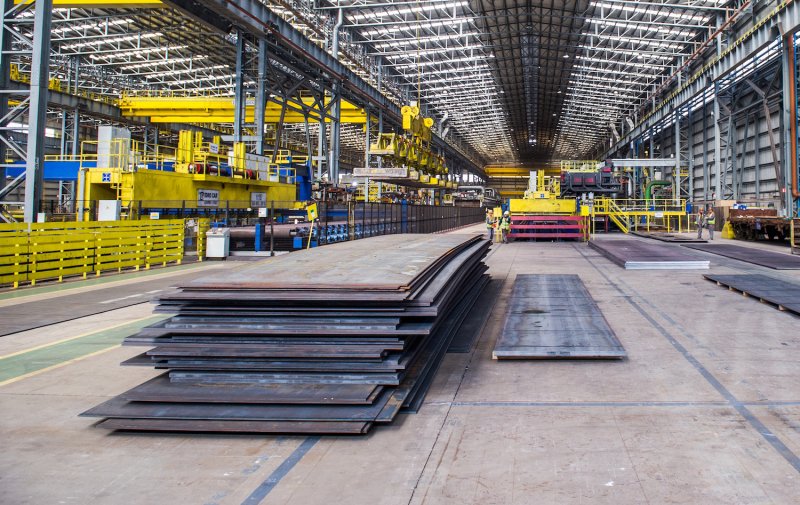Defense has become a hot topic in Europe, as it has been called a growing steel consumption sector since US President Donald Trump threatened to withdraw from NATO if the EU does not increase defense spending. However, with the exception of certain types of products, the impact on the steel market as a whole is questionable.
“We have a wide range of safety steels,” Salzgitter CEO Gunnar Grobler recently emphasized at the company's annual press conference. To this end, the German company has developed a brand of “safe” steels and created a working group on “protection” to coordinate further activities in this area.
The range of “safe” steels mainly includes pipes and rolled products, as well as the Universal distribution company.
But while some steel producers, especially rolled steel, will be able to provide additional sales to the defense industry, the impact on the larger rolled steel market will be minimal, an experienced observer believes. “The processing capacity of rolled steel in Europe is about 10 million tons, and less than 1% of it is sold to defense enterprises,” he tells Kallanish. “Even if sales in this area grow by 50%, this is unlikely to affect the market as a whole.”
He believes that growing geopolitical instability has made the topic of defense fashionable, “which Mills likes to refer to and others like to listen to; and this can boost the value of stocks of companies listed on the stock market.”
This may be true for both Salzgitter and Kloeckner & Co. The exchange-listed distribution and processing group hailed last month's acquisition of a rather inconspicuous German plate recycling company as a significant expansion of its portfolio for defense purposes.
Meanwhile, Germany's largest defense supplier, Rheinmetall, said it would supply mainly German steel in the future. The company believes that internal sources are a safer option when considering security policy, a Rheinmetall representative was quoted by the VAZ newspaper.
Christian Kel Germany
kallanish.com





